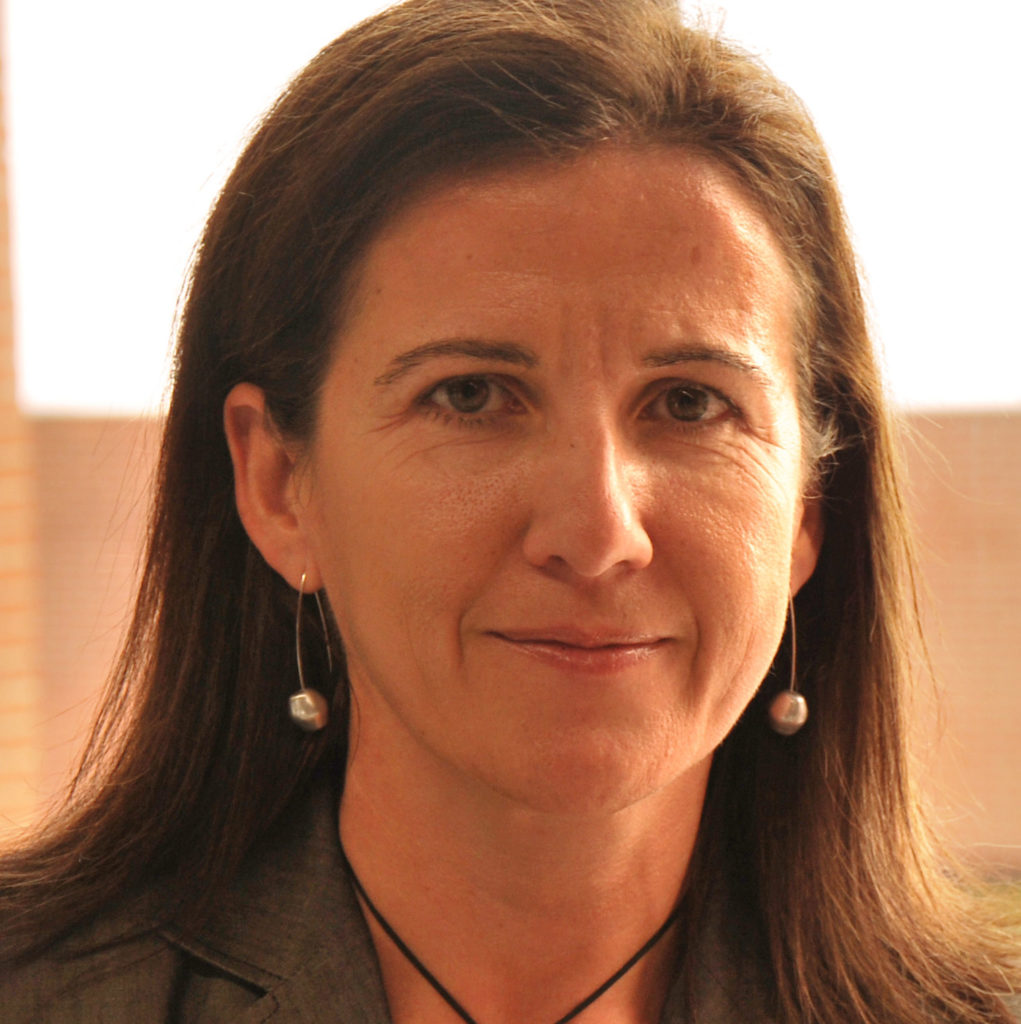Criminalizing Nazi Symbols and Gestures: The Australian Experience

Kerstin Braun is an associate professor at the School of Law and Justice, University of Southern Queensland.
Keiran Hardy is a senior lecturer at the Griffith Criminology Institute, Griffith University.

Far-right extremist groups around the world frequently use symbols and gestures associated with the Nazi regime in an attempt to spread hatred and intimidate communities. To curb these activities, some countries, including, for example, Austria and Germany, have long criminalized public displays associated with Nazism. In Germany, symbols including swastikas and SS sig runes are considered symbols of “unconstitutional organizations.” Publicly displaying or selling goods that depict them has been an offence under German criminal law since the 1960s and is punishable by a fine or up to three years in prison. Performing the Nazi salute in public, or making statements such as “Sieg Heil!,” is also illegal.

